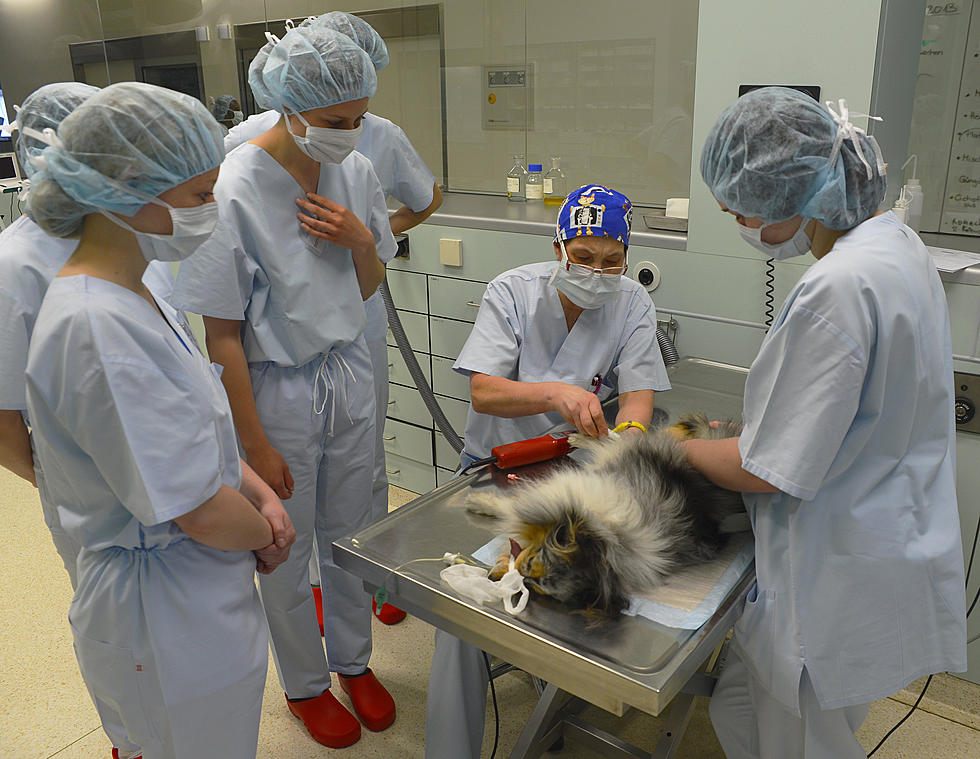
Can Your Dog Have Seasonal Allergies? Yep, And It’s Bad This Year
We have yet to have a weekend camping this year where there hasn't been some sort of incident take place. We had our dog with who is a large Shepsky mix (German Shephard and Husky), and she was doing a lot of scratching. We were in a new place for her at my uncle's farm in central Minnesota. She was enjoying running around freely in the grass and outdoors but within a few hours she started to scratch and gnaw on her legs and body.
We didn't think much of at it at first, but by then next morning it was bad enough that she was starting to cause some irritation and losing some hair. Her snout was starting to puff up as well almost like hives. We gave her some Benadryl in a dog treat and that helped her out a little bit, but she was still in pain. She was not her normal puppy self and she just looked miserable. Poor dog.
Fortunately we were able to get her in first thing this morning, and the veterinarian is pretty sure she is suffering from allergies. I had never known that dogs could get seasonal allergies like humans could. The vet also said that this year has been particularly bad for dog allergies. The pollen counts and dry conditions have made ragweed pretty bad right now in our area. The pollen count is medium high for much of the Midwest.

How can you tell if your dog has allergies? Some of the following signs from Vet Derm clinic.
- Excessive scratching
- licking
- puffy eyes
- eye discharge
- rubbing face
- head shaking
- stinky red ears
- hair loss
- sneezing
Our dog was constantly licking, shaking her head, pawing her face, and had red stinky ears. BINGO. We got her into the vet and they prescribed her an allergy medicine. They also ruled out any flea ticks or mites.
So, if you're dog is doing any of the stuff above, she might just have an allergy. Get her into the vet as soon as you can so she can be comfortable. Just like us, pollen can be a real pain in the tail.
KEEP LOOKING: See What 50 of America's Most 'Pupular' Dog Breeds Look Like as Puppies
LOOK: The least obedient dog breeds
More From Sasquatch 92.1 FM









